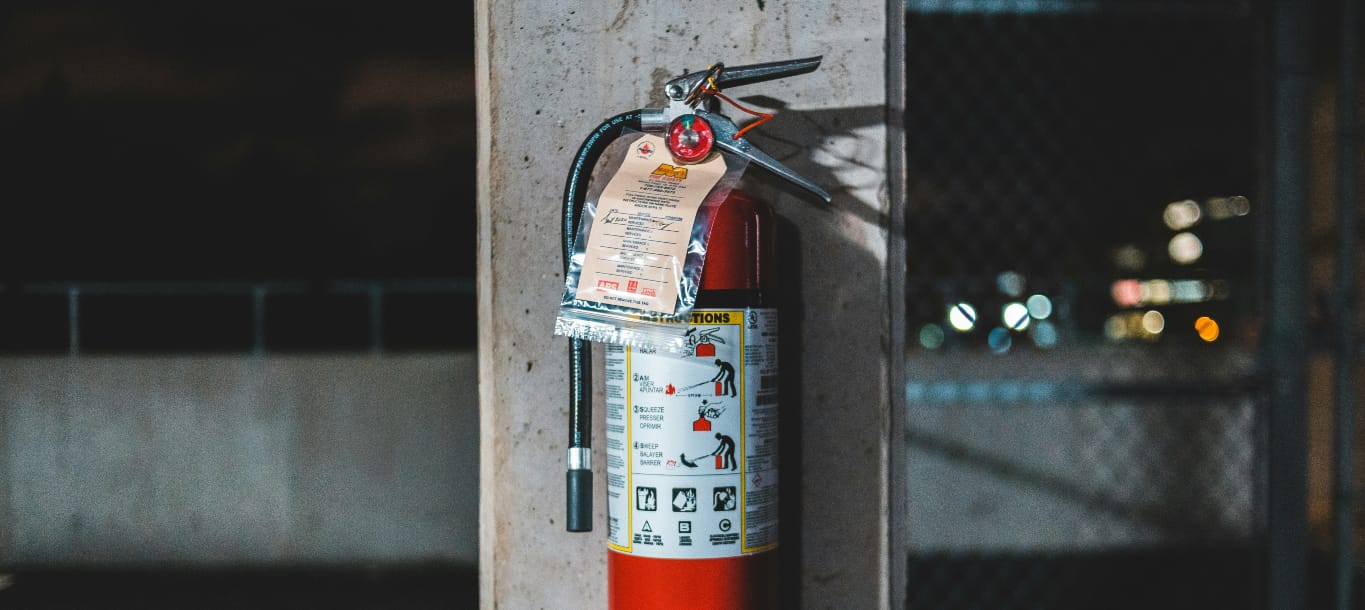What is a fire safety engineer?
Fire safety engineers help prevent fires from taking place, as well as reducing the impact of potential fires. They focus on preventing building fires, visiting buildings and construction sites to create a tailored fire safety plan. In addition to ensuring that buildings aren’t designed in a way that would increase the risk of a fire, they also ensure that fire safety tools like fire alarms and emergency exits are incorporated.
Fire safety engineers are employed in a variety of settings, including building engineering consultancies, property developers, fire and rescue services and insurance companies.
What are the typical responsibilities of a fire safety engineer?
- Using computer models to learn more about how fires start and spread
- Creating reports that outline specific materials and design plans, in order to reduce the impact of potential fires
- Visiting construction sites to oversee the implementation of fire safety procedures (sprinklers, fire alarms)
- Using computer models and controlled tests to assess the effectiveness of fire safety systems
- Researching new fire regulations and laws
- Inspecting existing buildings and materials to ensure they’re still fit for purpose
What skills do you need to be a fire safety engineer?
Problem-solving is a pretty crucial aspect of this job. You’ll need to be able to assess existing building designs and fire safety plans to ensure that they’re still safe and effective. Fire safety engineers might also be asked to give evidence in a court case surrounding a fire, so you’ll need to be able to work backwards to understand how and why the fire spread.
Another important part of the role is research. For example, you’ll need to research the structure and function of the building you’re creating a fire safety plan for, and tailor your recommendations accordingly. Research skills will also allow you to keep up with the latest developments in fire safety policy and legislation.
Finally, team-working is also a valued skill. You’ll be working with a variety of people, such as firefighters, local authorities, building control professionals and project managers. Effective communication and collaboration, as well as acknowledging different people’s perspectives, is therefore paramount
How do I become a fire safety engineer?
The most popular routes include completing a college course, degree or apprenticeship in general engineering or fire safety engineering. The Institute of Fire Engineers offers free membership to all fire engineering students, as well as networking and professional development courses.
